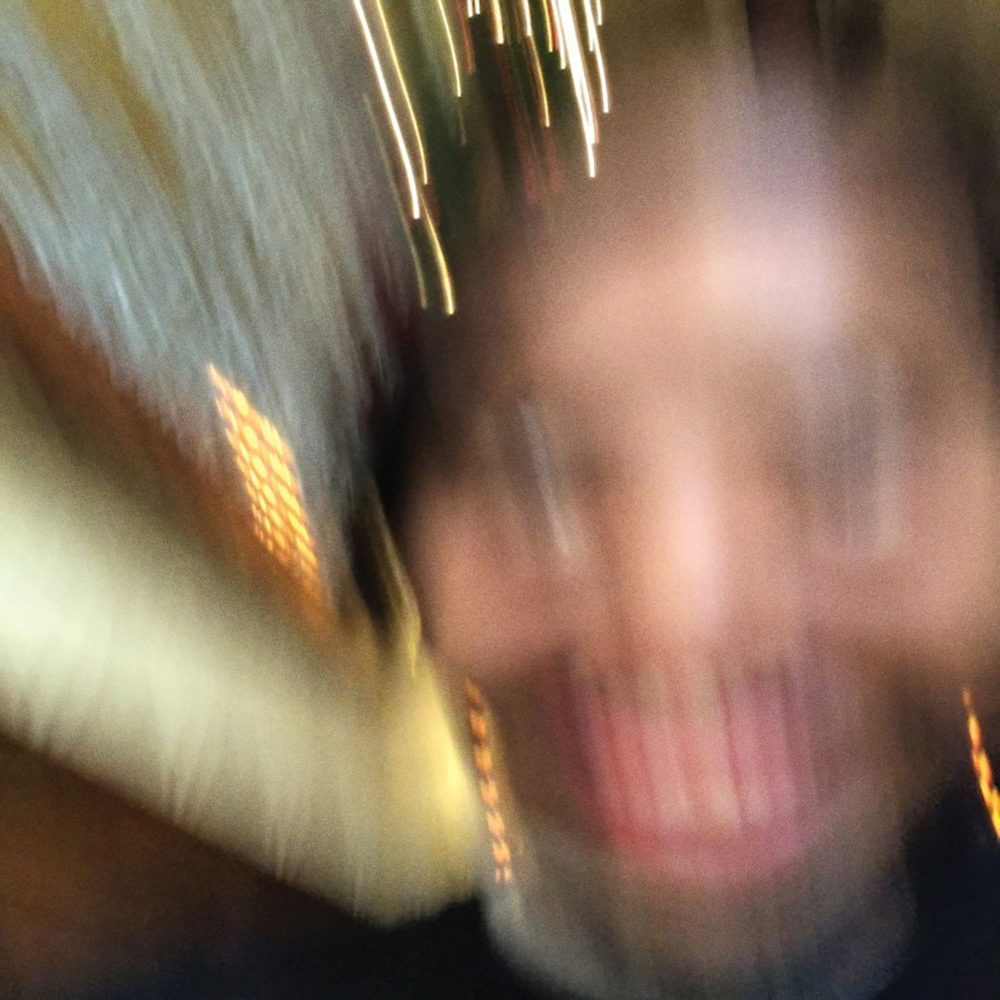
After three years of intermittent presence and mystique Earl Sweatshirt has returned with a fifteen track exploration of himself and all things in his periphery. Some Rap Songs only weighs in at twenty-five minutes, but each short track is laden with quote-ready lyrics and vulnerability that acts as a reflective point for his career and personal life to date – which to label as ‘frantically eventful’ would be a gross understatement.
To attempt to delve into the specifics of the lyrical features of this album is too tall of a task for anything short of a thesis piece, as almost every line carries profound weight with regards to Earl’s experiences. But, when one takes a step back and looks at the album as a whole, Some Rap Songs captures the turmoil between progression from past pain and the acknowledgment that more progress is yet required. The inertia between wellness and sadness is encapsulated through the almost claustrophobic mixing of the instrumentals, where dry jazz elements are strewn over creaking keys and dusty percussion, which are beautifully arranged, but still tastefully dishevelled. The imperfections and quirks to these songs add character to the project as a whole, and aid in communicating the feeling and message of the album in a sonic manner, accentuating Earl’s writing to an extent that makes Some Rap Songs feel like a truly honest piece of work.
Earl’s music has often tracked his own familial relations, cataloguing his conflicting experiences with his mother, and dealing with the absence of his father from his early childhood – vocals from each parents form the track ‘Playing Possum’, interspersing conversations from his mother and late father as an interlude that brings about the conclusion of the album. Although his parental relationships are a common theme throughout his discography, the more direct reflection of these links shows a greater amount of vulnerability and openness than previously. It’s a far cry from the flurry of wordplay and subtle references that formed the backbone of this theme in projects like Doris, though he still maintains some form of mystery, relative to his new presentation of these feelings.
Stylistic elements from MIKE and Lucki, two students of Earl Sweatshirt’s career are well showcased in the project and balanced with great care. The dusty, DIY aesthetic of MIKE’s soul baring bars, and the short yet powerful writing and repeated incantations of Lucki’s hazy stylings are perfectly melded across the project, with all but one song lasting less than two and a half minutes. Despite this brevity, the project still feels like it tracks a progression of almost epic proportions.
There has been clear progression and development from project to project – the youthful brazenness and expletives of EARL, the MF DOOM inspirations and Odd Future collaborations of Doris, to the sheer wallowing and confusion of I Don’t Like Shit I Don’t Go Outside allow for Some Rap Songs to feel like the most honest manifestation of Earl to date. In interviews he has often addressed trying to make more honest and personal music, and it seems as if that artistic pursuit has paid off.
The album is laden with realisations of opportunities to develop, most poignantly expressed on “Red Water”, as Earl grapples with the realisation that he could in fact depart from what crippled his mental state for so long. The incantation of ‘I ain’t know that I could leave’ is a sucker punch to listeners, reflecting the confusion and blindness that Earl was in for such a stint within his career, in which many fans came to love him.
His commentary on race relations within America are weaved into short statements on tracks such as “Cold Summers”, which bring about his personal feelings of paranoia and a clear-eyed awareness of injustices that he still must face and deal with. The slick reference to gentrification on “December 24” has a slight edge of humour to it (given the legions of white hipster fans (myself included) comprising a large chunk of his following) despite also arguably further perpetuating the societal issues of appropriation and the like, that are so significantly touched upon my modern rappers (look to Mick Jenkins, Tyler the Creator, and JPEGMAFIA as examples).
Mental illness has long stood as a topic for Earl’s writing and this album is no different, with a palpable anxiety hanging off many of the lyrics and repeated statements that form the content of a number of songs. The album’s honestly and clarity feels like soul bearing, all in the aid of attempting to develop and feel ‘better’ through leaving no stone unturned as a means of moving into the future unencumbered by stresses of the past.
Ultimately, there is very little that can be critiqued from a project that feels so honest and personal. The artistic decisions of the messy mixes and short songs all fit into the grand scheme of the album, making Some Rap Songs feel immensely cohesive and complete as a body of work. The loose ends are tied and addressed, regardless of whether or not we like the conclusions made.
As time passes, Some Rap Songs will be looked back upon in the tapestry of Earl Sweatshirt’s career, as a truly honest statement on himself and his development to date, previously obscured in disorienting complexity. But, now his vision is much clearer than ever before, and the light at the end of the tunnel seems to shift into better focus.
![]()
![]()
![]()
![]()
![]()
